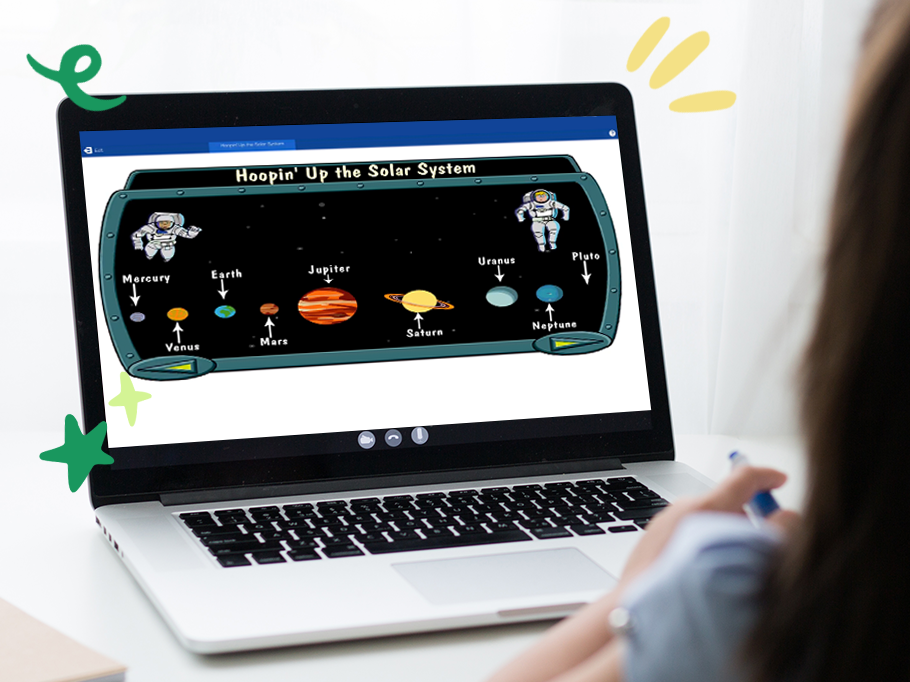
Pennsylvania standardized test prep
Pennsylvania’s state standardized tests play a key role in assessing student performance and ensuring educational standards are met. These assessments, including the PSSA and Keystone Exams, evaluate students' skills in subjects like English Language Arts, Math, and Science. Understanding these tests, when they are given, and how students can prepare is essential for success. In this article, we’ll explore the different types of standardized tests in Pennsylvania, their testing windows, and tips for effective preparation.
Which standardized tests are given in Pennsylvania? When are they offered?
In Pennsylvania, the primary standardized tests given to students are:
-
PSSA (Pennsylvania System of School Assessment): This test is administered to students in grades 3-8 and assesses English Language Arts (ELA), Mathematics, and Science (for grades 4 and 8). The PSSA is typically given in the spring, with testing windows occurring between April and May.
-
Keystone Exams: These are end-of-course assessments required for high school students, usually in the subjects of Algebra I, Literature, and Biology. The Keystone Exams are typically offered at the end of the school year, with testing windows in Winter (December) and Spring (May).
-
PASA (Pennsylvania Alternate System of Assessment): This is an alternative assessment for students with significant cognitive disabilities who cannot participate in the regular PSSA or Keystone Exams. The PASA is generally administered in the spring.
-
AP (Advanced Placement) Exams: While not state-mandated, high school students in Pennsylvania may take AP exams if they are enrolled in AP courses. These exams are offered in May each year.
-
SAT/ACT: These are college admissions tests, not state-mandated, but commonly taken by high school students for college preparation. Test dates for the SAT and ACT are offered multiple times throughout the year, typically in the fall, winter, and spring.
Testing dates can vary each year, so it’s important for parents and students to check with their school or district for the exact testing schedule.
Are Pennsylvania homeschoolers required to take standardized exams?
Yes, Pennsylvania homeschoolers are required to demonstrate academic progress, and standardized testing is one of the accepted methods for meeting this requirement. Here's what is required:
-
Standardized testing: Homeschoolers can administer a nationally recognized standardized test, such as the Iowa Test of Basic Skills (ITBS) or the Stanford Achievement Test. The test must be administered annually in grades 3, 5, and 8, and the results must be submitted to the local school district.
-
Portfolio evaluation: Alternatively, parents can choose to submit a portfolio of the child’s work, which includes assignments, projects, and other academic materials. A certified teacher must review the portfolio and provide an evaluation of the child’s progress.
-
Other assessment methods: In some cases, other forms of assessment may be approved by the local school district.
In addition, homeschool families must submit an annual affidavit to their local school district, confirming the child’s academic progress for the year.
We've complied everything you need to know about homeschooling requirements and how to get started in our Pennsylvania homeschooling guide!
How can Time4Learning help Pennsylvania students prepare for standardized testing?
Time4Learning helps Pennsylvania students prepare for standardized testing by offering an engaging, state-aligned curriculum in Math, English Language Arts, and Science. It provides practice exercises, quizzes, and progress tracking to reinforce essential skills for tests like the PSSA and Keystone Exams.
- State-Aligned Curriculum: Covers subjects tested in Pennsylvania’s standardized exams.
- Practice & Review: Provides interactive lessons and quizzes for skill reinforcement.
- Progress Tracking: Parents can monitor student progress through detailed reports.
- Special Needs Support: Customizable pacing, visual aids, and interactive features help students with diverse learning needs.
This flexible, personalized approach ensures students are well-prepared for testing, while allowing them to learn at their own pace.
Legal note
We have done our best to ensure the accuracy of this information, however it should not be interpreted as legal advice. It is your responsibility to interpret and understand the laws that you will be homeschooling under.

















